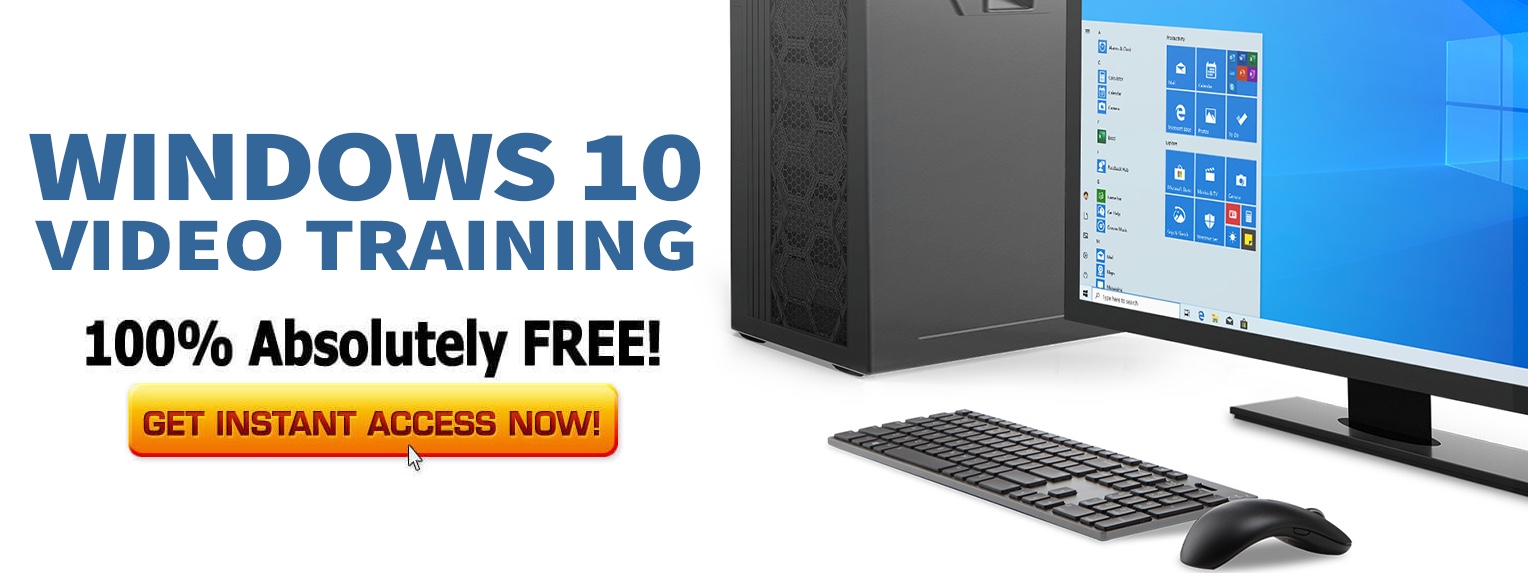While Windows Phone has had struggles growing up to the level that Microsoft hoped it would, it seems Microsoft has still found success in the mobile market.
How? Well, I’ve actually talked about it before but with the recent LG agreement, I find it appropriate to discuss again.
So where and with what product is Microsoft doing well in the mobile tablet/phone market? Why Google’s Android, actually.
For those who don’t know this already, MS hold many patents that it has aggressively sought to protect in regards to both Linux and, more recently, Android’s OS.
Using these patents and threats of a lawsuit, Microsoft has managed to sign 1,100 of these kind of agreements for Linux since it began its IP licensing program back in 2003. only 10 Android deals have been reached so far, though.
The new deal’s terms aren’t specifically disclosed, but we do know that LG will pay Microsoft for license patents on any device it releases that uses either Android or Chrome OS.
You have to wonder what this agreement looks like, is it worth it? For LG, Android has been its primary focus with the smartphone market, but wouldn’t it be wiser to just switch to supporting Windows Phone?
You have to wonder if Microsoft doesn’t secretly hope its IP licensing agreements will drive more traffic from vendors over to WP, instead.
So why stick with Android? This means that even with paying both Google and Microsoft their prospective cuts, LG still is able to make more from LG Android sales than it could from LG Windows Phone sells.
Microsoft’s corporate vice president and deputy general counsel Horacio Gutierrez had this to say in today’s statement:
We are pleased to have built upon our longstanding relationship with LG to reach a mutually beneficial agreement. Together with our 10 previous agreements with Android and Chrome OS device manufacturers, including HTC, Samsung and Acer, this agreement with LG means that more than 70 percent of all Android smartphones sold in the U.S. are now receiving coverage under Microsoft’s patent portfolio. We are proud of the continued success of our program in resolving the IP issues surrounding Android and Chrome OS.
In a way though, Microsoft probably makes more by just going after patent lawsuits with Android, than pushing Windows Phone.
Many out there on the web have criticized Microsoft’s aggressive program, and even I’ve thought a few of the patents seemed awfully silly to fight over (for example, HTC ability to directly dial from a number on a webpage has been revoked thanks to a fight with MS).
Still, I understand that business is business, and the mobile market is way too ripe to ignore.
Between the negative recent reputation surrounding Android malware on the market and the rise of having to pay licensing to MS for Android, you have to wonder if many vendors aren’t strongly considering a push to Windows Phone.
Between the debut of Windows 8 on tablet and PC, and the recent changes in Android’s rep, I truly think that 2012 could possibly see the beginning of a shift in the mobile sector.
I really don’t think this shift will truly be realized though until 2013, when more and more Windows 8 tablets hit the scene and perhaps Windows Phone 8 will also be an integral part of this change.
What do you think?
Will Microsoft eventually sneak its way to the top in the mobile market? Or do you think that MS will always be a distant third in the mobile OS war?
Share your thoughts below.
[ source ]


I do think that Microsoft will go to the top of the mobiel market once W8 gets going. Micorsoft still is the only company with real productive software. I recently read an article of a company which swithed from Google Docs producticve apps to Microsoft because the work that they did demanded more productive and capacity functionalities. Big enterprises therefore will always choose for Microsoft when it comes to being really productive. But to be really big in software, Microsoft’s software should be integrated in more consumer products like digital camera’s, TV decoders (not only the Xbox), TV’s and other appliances. That’s the only way microsoft will really score big. The secret to market share and dominance is partnersships, whereby Microsoft provides the software and the partners the hardware. For example competing for the living room (against Sony’s PS3 and Nintendo WII) with the Xbox is not enough. Microsoft’s Xbox is also contending with settopboxes/decoders and the TV market (Smart TV). So Micfrosoft must, to dominate the living room of every American home, also seek to dominate the settopbox, TV or decoders market by offering it’s software to partners who manufacture TV’s and settopboxes. This software can then bring Xbox like functionalities and experiences to the TV, no matter who the manufacturer is and no matter if people do not have an Xbox at home. Thus it’s a question of strategy and partnership. Licence the software to more companies who want to integrated it in their products and stimulate this. This will create total integration not only with W8, the Xbox and WP, but with settopboxes/decoders, TV’s and other appliances.